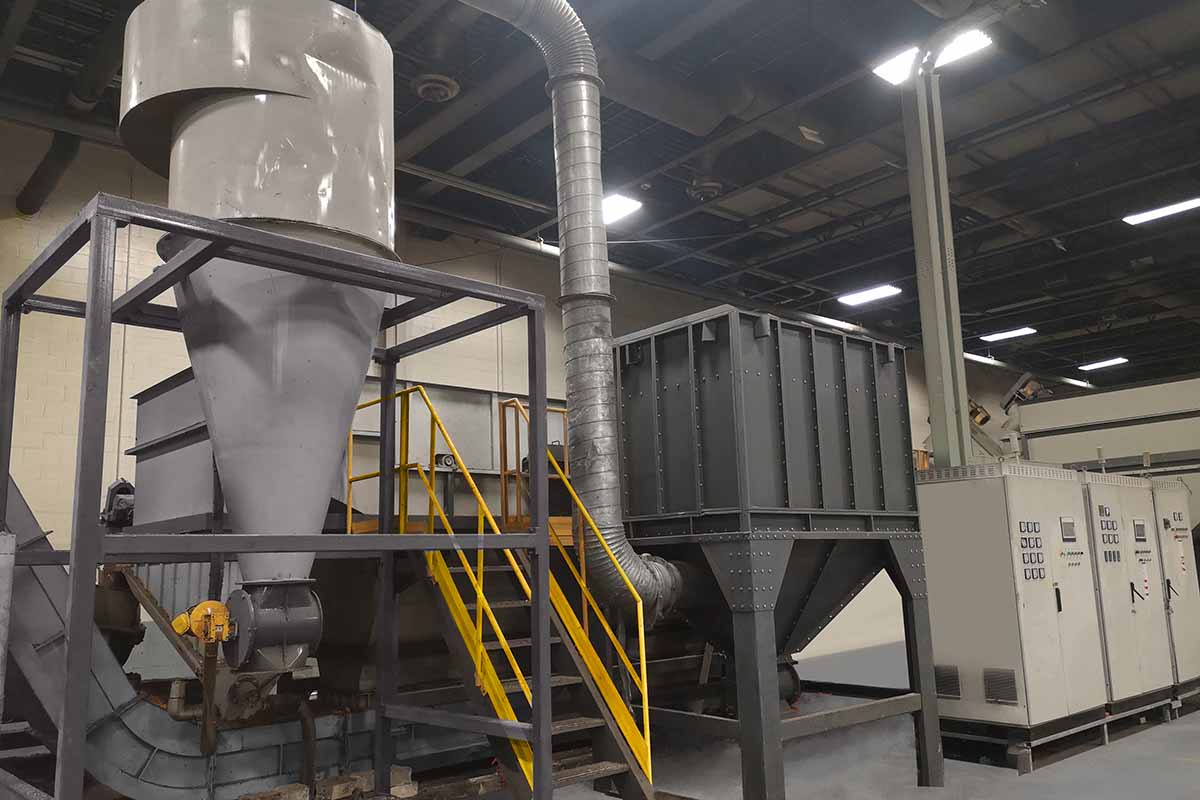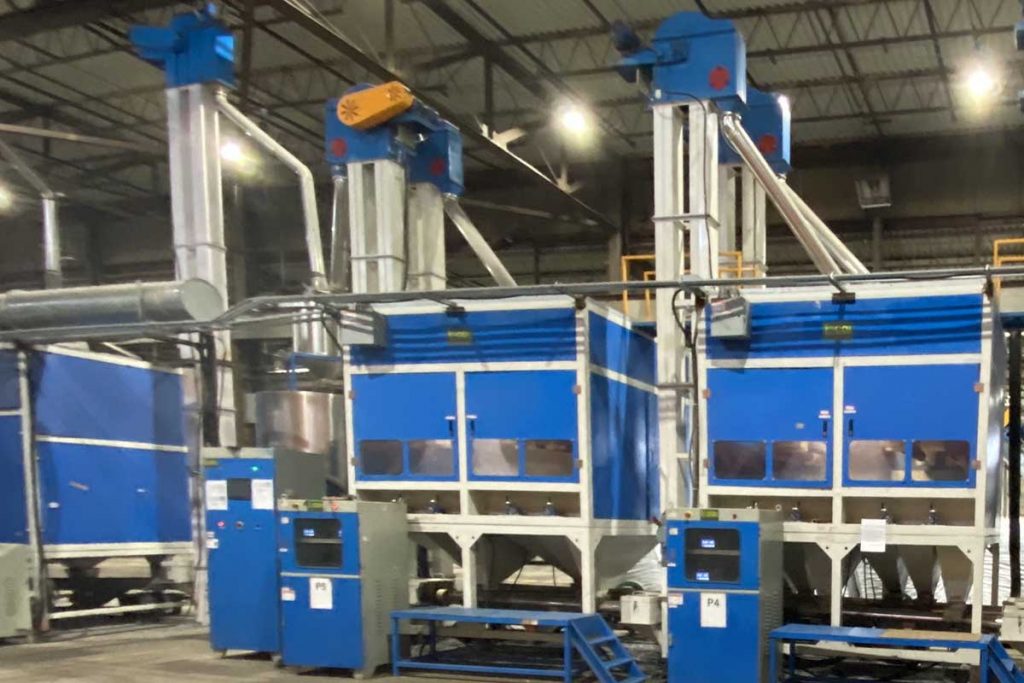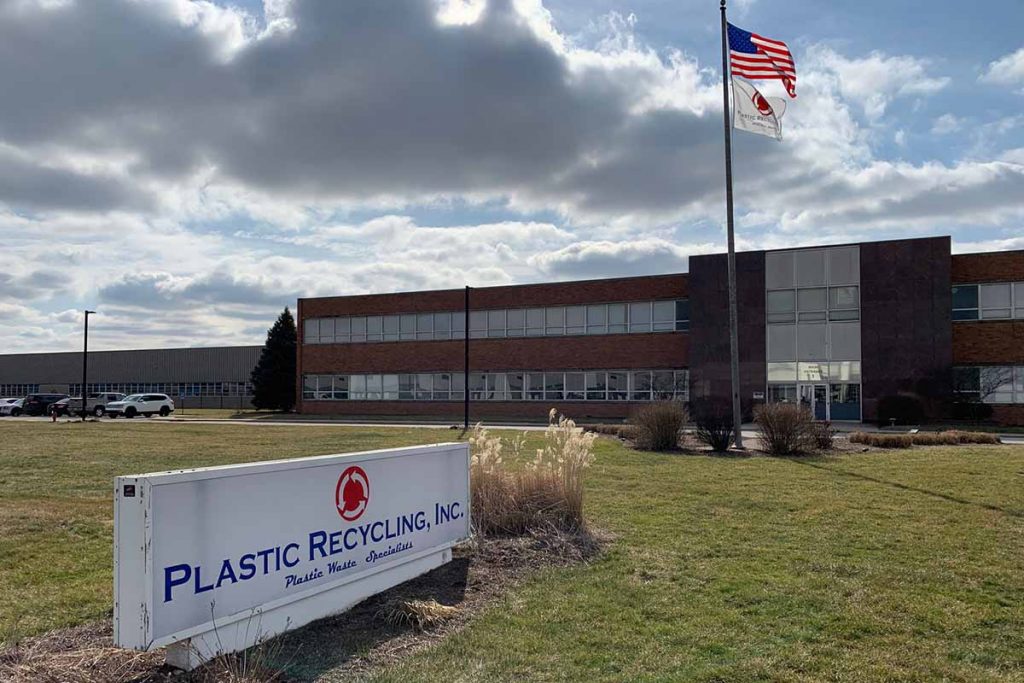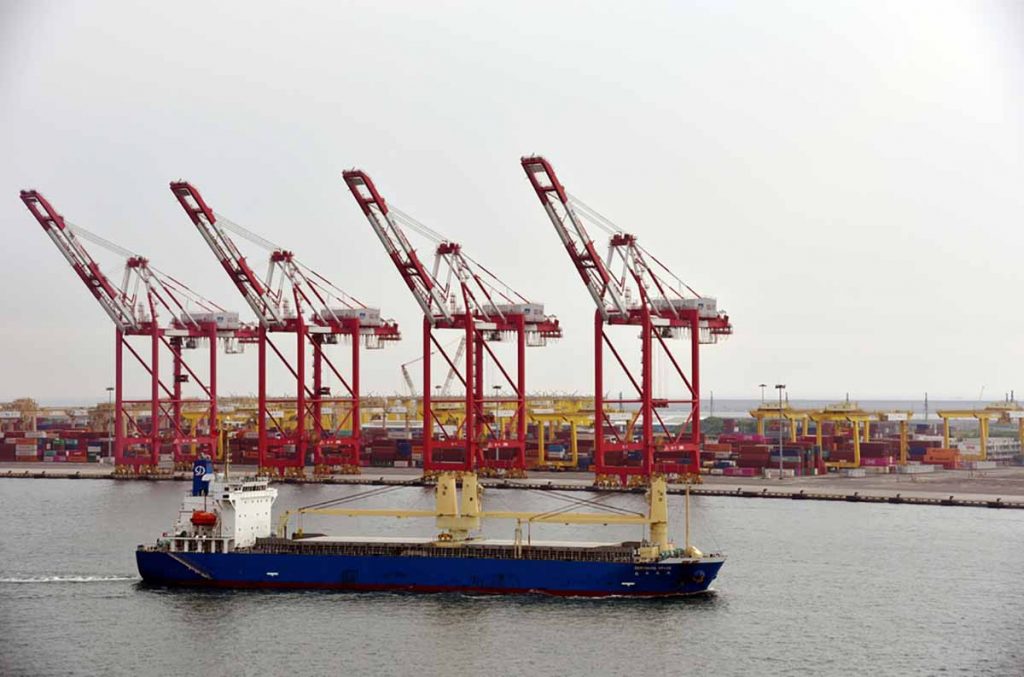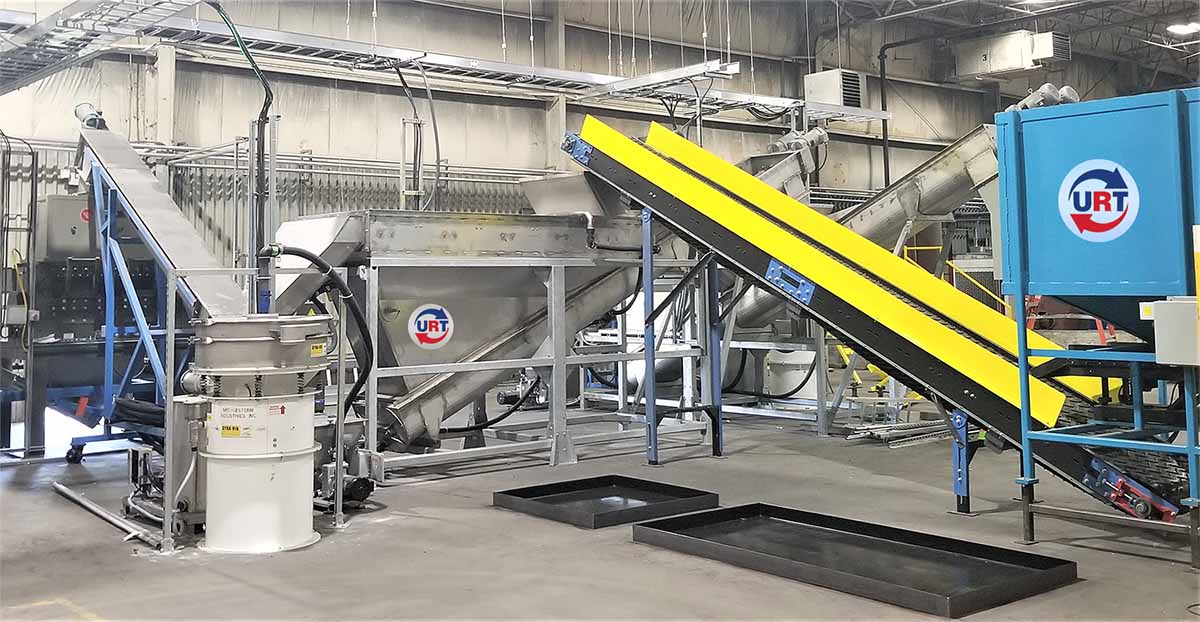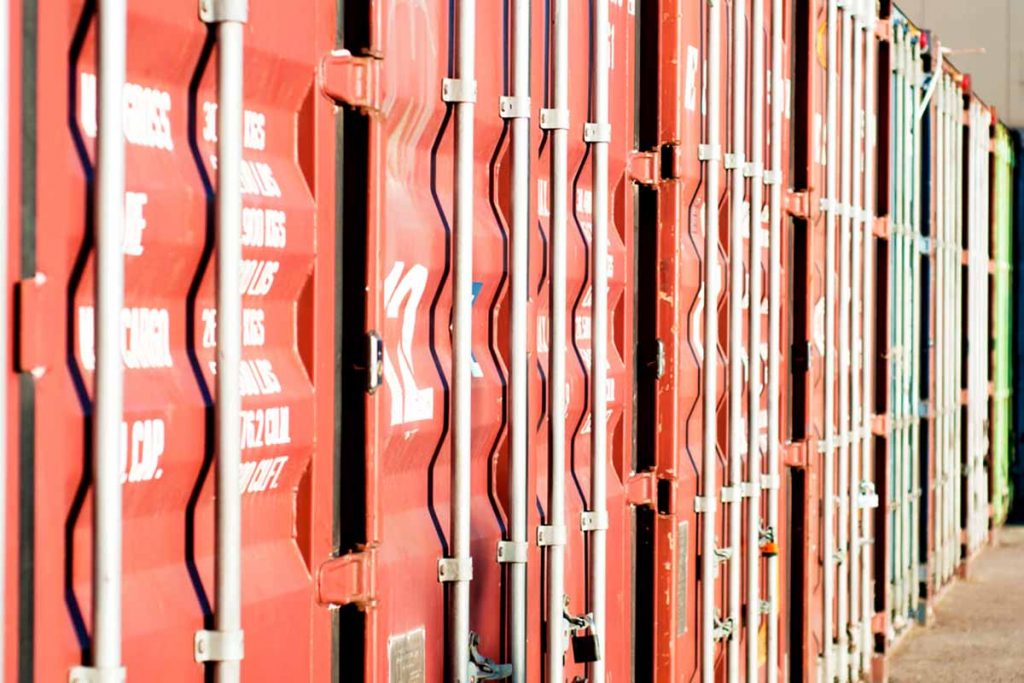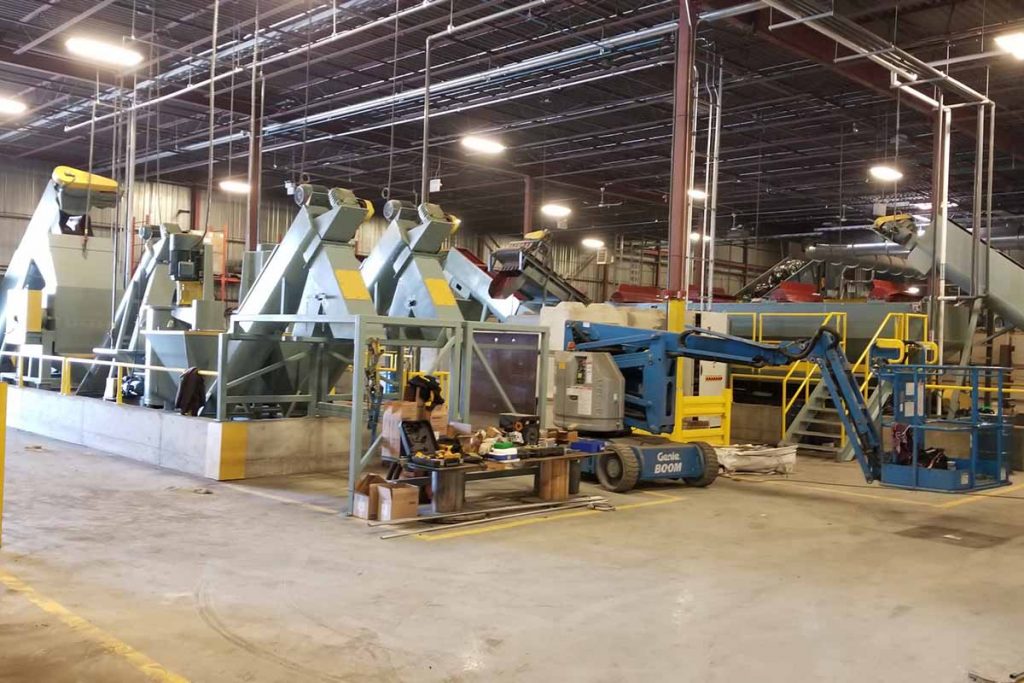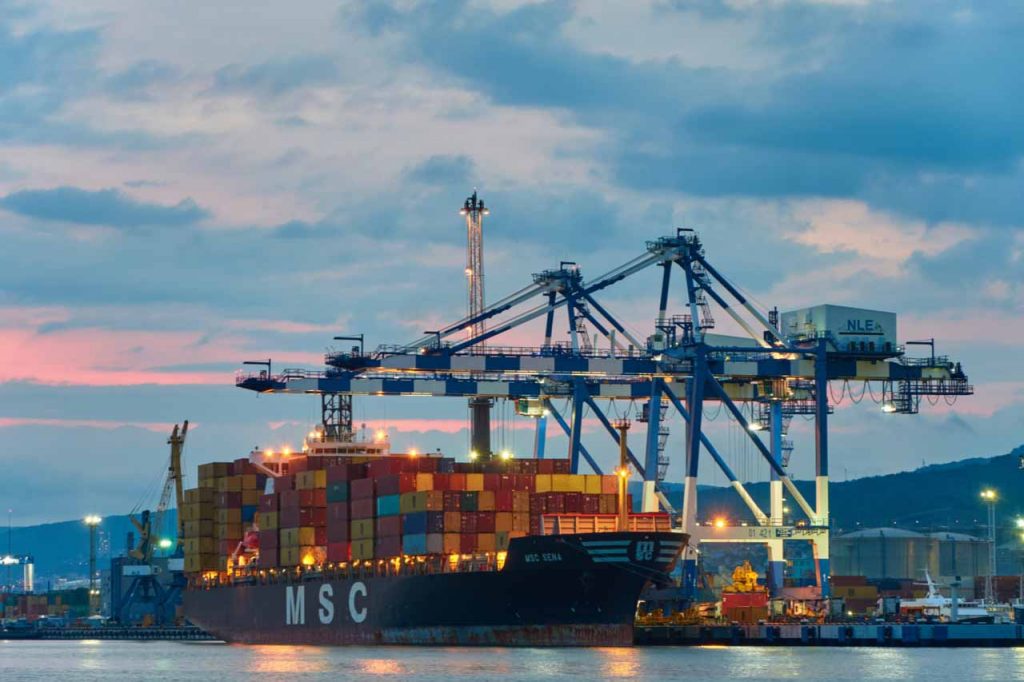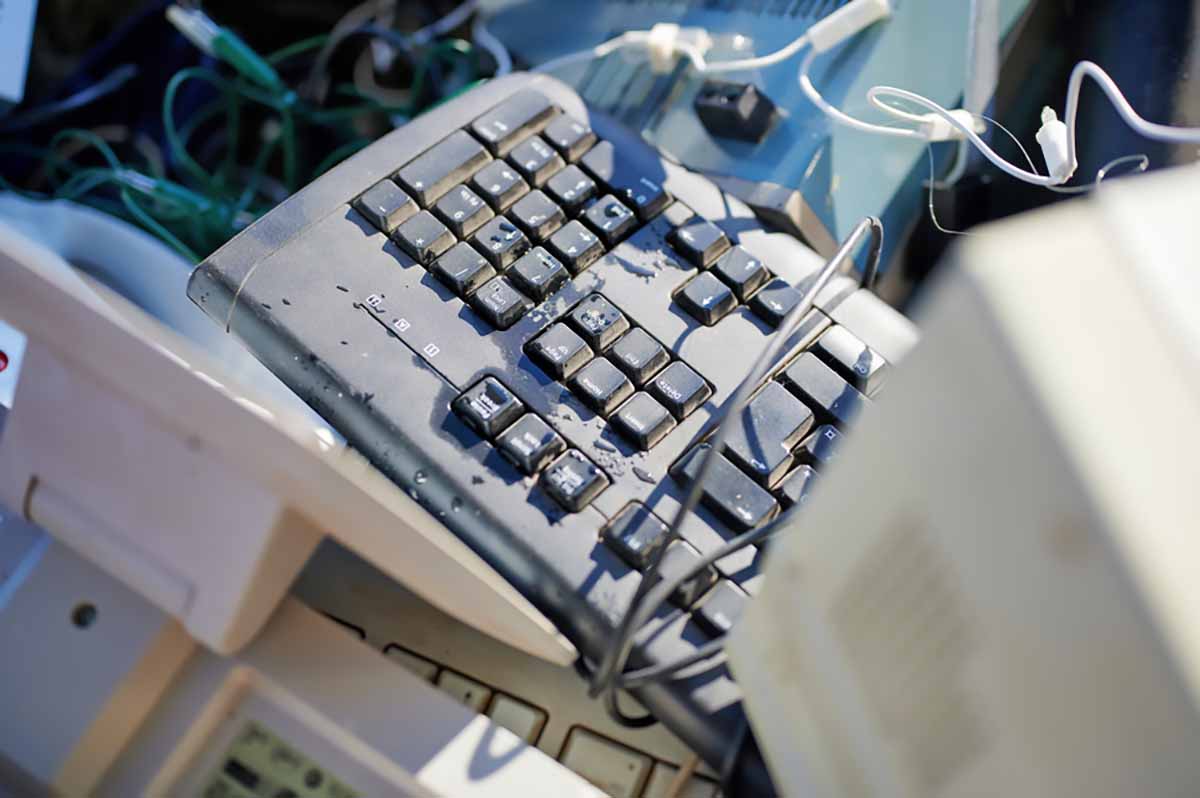
A 100,000-square-foot facility in Spain will have the capacity to process more than 50 million pounds of e-plastics per year. | sonsart/Shutterstock
Spanish plastics recycling operation Fosimpe will enter the mixed-plastics processing sector in the coming weeks, driven not only by the global regulatory environment but by greater public interest in domestic material processing.


